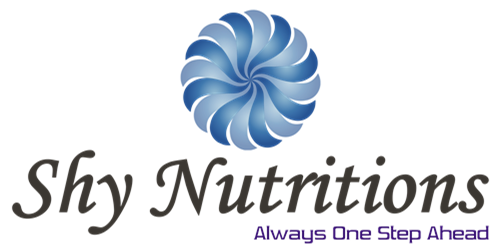Protein is an essential nutrient that plays a crucial role in women’s fitness. It helps in building and repairing muscles, supports the immune system, and maintains overall health. Women who engage in regular exercise or sports activities require more protein than sedentary individuals to meet their increased energy demands.
The Importance of Protein for Women’s Fitness
Protein is composed of amino acids, which are the building blocks of muscles. When women engage in physical activity, they create micro-tears in their muscle fibers. These tears require protein to rebuild and repair the damaged muscle tissue. Adequate protein consumption is crucial for muscle recovery and growth after exercise.
Protein is also essential for maintaining a healthy immune system. The immune system relies on protein to produce antibodies that fight off infections and diseases. Women who exercise regularly are more susceptible to illness, and adequate protein intake is crucial to keep the immune system functioning optimally.
Another benefit of protein for women’s fitness is its role in weight management. Protein is more satiating than carbohydrates or fats, meaning it keeps you feeling fuller for longer. When women consume enough protein, they are less likely to overeat or snack on unhealthy foods. Additionally, a high-protein diet has been shown to increase metabolism, leading to more efficient fat burning.
How Much Protein Do Women Need?
The amount of protein women need varies depending on their age, weight, and activity level. The American College of Sports Medicine recommends that women who engage in regular exercise consume at least 1.2-1.7 grams of protein per kilogram of body weight per day. For example, a 70-kilogram woman who engages in regular exercise should consume between 84 and 119 grams of protein per day.
It’s important to note that too much protein can have negative effects on women’s health. High-protein diets can cause dehydration, kidney damage, and an increased risk of osteoporosis. It’s important to consume a balanced diet that includes a variety of protein sources, such as lean meats, fish, eggs, dairy products, legumes, and nuts.
Protein Timing for Women’s Fitness
Timing is also crucial when it comes to protein consumption for women’s fitness. Consuming protein before and after exercise is especially important. Consuming protein before exercise provides the body with the necessary amino acids to fuel the muscles during physical activity. Consuming protein after exercise helps to repair and rebuild the damaged muscle tissue.
Conclusion
Protein is an essential nutrient for women’s fitness, playing a crucial role in muscle repair and growth, immune system function, and weight management. Women who engage in regular exercise require more protein than sedentary individuals to meet their increased energy demands. Consuming a balanced diet that includes a variety of protein sources and timing protein intake around exercise can help women achieve their fitness goals while maintaining optimal health.




